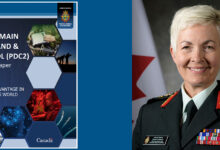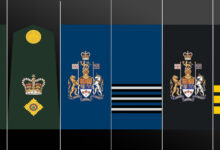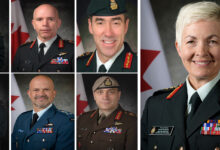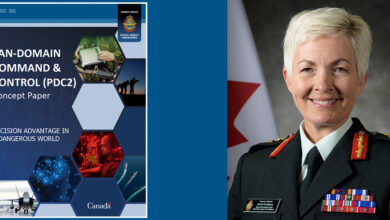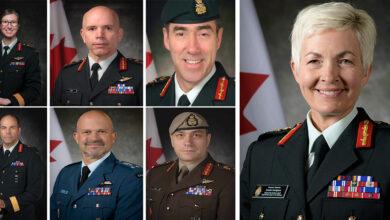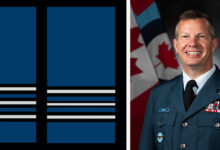Policy
CAF Ombudsman releases report regarding postings
An emotionally charged investigation by the Canadian military’s watchdog has uncovered that the Canadian Armed Forces (CAF) needs to make major strides to improve its contingency cost moves, compassionate status, and compassionate posting policy.
The report Service Versus Self: A systemic investigation into contingency cost moves for personal reasons, compassionate status, and compassionate postings in the Canadian Armed Forces looks at the relationship of military family issues with the administration of contingency cost moves for personal reasons, compassionate status, and compassionate postings.
“We heard stories of people who felt they had to choose between their family and their career. We heard stories of family breakdowns. We heard from families of people that really were in emotional distress,” said Robyn Hines, Director General Operations with the Department of National Defence/CAF Ombudsman. The DND/CAF Ombudsman released its report on May 2.
The policy, which has not been updated since 2008, is the only way some CAF members can assist their elderly parents, ensure their children receive specialized care or finalize parental agreements in the case of separation while remaining in the CAF. The policy enables Regular Force members to be posted to a location, or stay in a location, that temporarily alleviates or responds to their personal circumstances.
However, the policy is fraught with many issues under its current condition, including a lack of communication, unclear criteria around who can qualify, and lack of transparency. In addition, according to the report, the policy does not consider the modern-day realities of CAF members and their families.
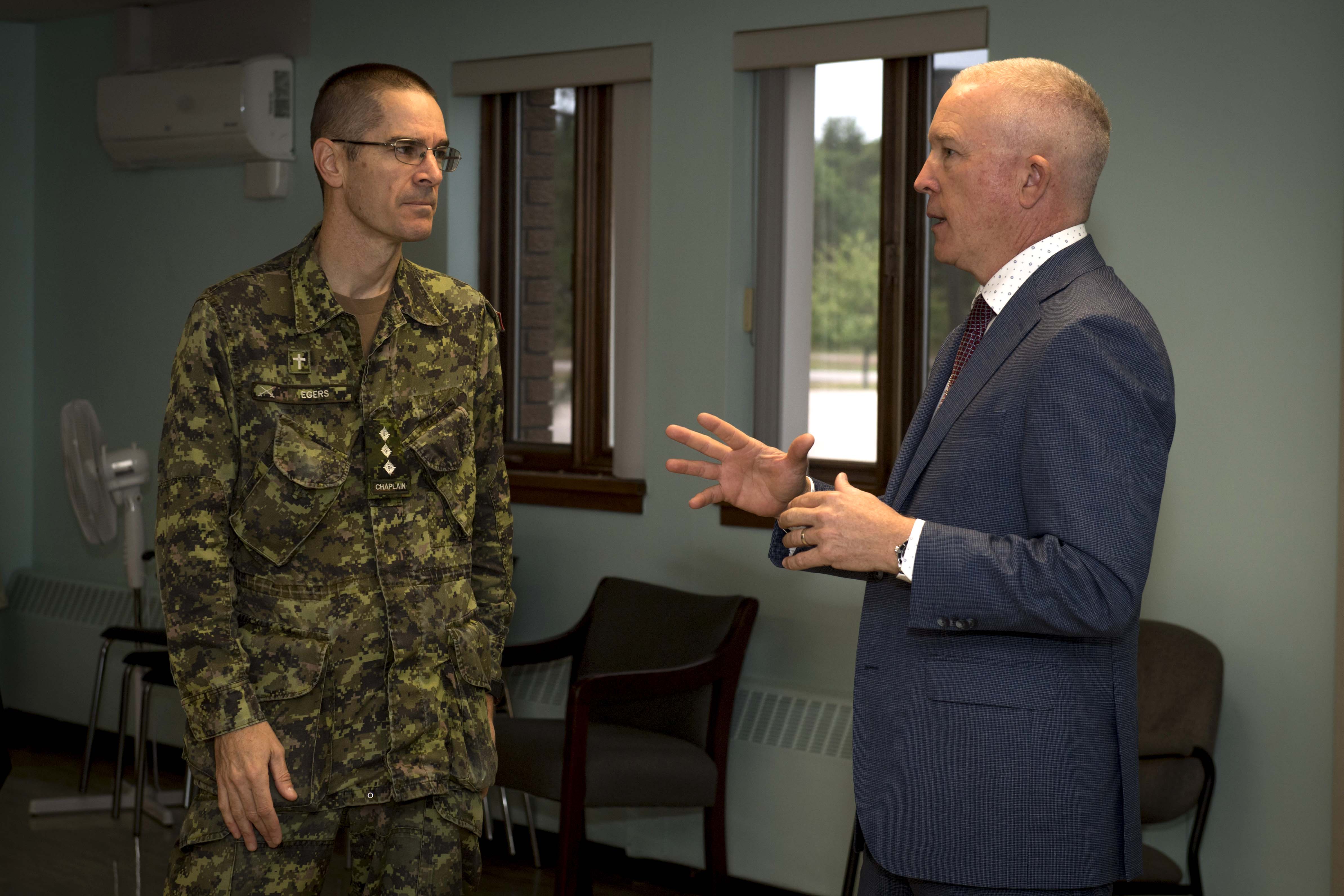
An Emotional Conversation
From Sept. 2017 to March 2021, the Ombudsman’s office received 84 complaints about the CAF’s contingency cost moves, compassionate status, and compassionate postings policy. The office then formally launched its investigation into the issue in January 2021.
“Military families are a passionate and vocal group …when we talked to military families and talked to other stakeholders that support military families, one of the main issues that came about was about compassionate postings and compassionate status,” said Gregory Lick, the CAF/DND Ombudsman.
During the course of the investigation, the Ombudsman and his team interviewed 200 constituents which included military members and their families.
“One of the particular issues that touched me was how military families go from the top of a waiting list in one province to the bottom of another province, as they’re posted. Obviously, the emotion comes out because all they’re trying to do is take care of the most venerably family members, their children,” said Lick in the interview.
The Ombudsman and his team held virtual focus groups and interviewed many CAF members and their families during the process.
“It was a really highly emotive conversation that was happening across the country,” noted Hynes.
The Ombudsman and his team had to make sure mental health support was available to family members conducting interviews because, as Hynes puts it, “telling those stories can be really challenging.
Findings
There were six major findings of the report that include the outdatedness of the policy. Lick noted that many military members wrongly believe that they cannot apply for the policy since they are not a traditional “family,” as the policy has not been updated to reflect the current Canadian culture.
The Ombudsman noted family does not just mean dependents but also includes common-law, unmarried relationships, divorce, same-sex marriages, non-cohabiting spouses or couples, and caregiver relationships.
Other major findings of the report focused on issues with tracking lessons learned to update the process, privacy concerns amongst CAF members, a lack of awareness amongst military members and their families not just about the policy and how to apply it but the resources available to them, and an overall lack of communication.

Recommendations
When it comes to recommendations, it “comes down to the basics,” stated the Ombudsman, saying the policy has good intentions but needs revision.
He noted that the Director of Military Family Services needs to develop a baseline resource for families with disabilities to help them access information that is tailored to their needs.
“If families with disabilities have better information about different services available to them, in all the different areas they may be posted to, then they can make a better decision on whether they need to apply for compassionate posting or compassionate status,” commented Lick.
He also noted that the Director General Military Careers needs to do a better job of looking at this policy and how it is used. The recommendation put a hard timeline on when this phase of the recommendations needs to be completed. By May 2024, the policy needs to be reviewed and updated, according to the report.
The Ombudsman also highlighted the need for the military to remove any stigma around applying for a compassionate posting, compassionate status, or cost move allowance. He says military members are often afraid that applying will hurt their careers or may even feel embarrassed to.
“If the department can do anything to support reducing the stigma, that would ultimately be a great first step,” said Lick.
Accessing Information
The Ombudsman encourages military families to read the report and reach out to the Office of the CAF/DND Ombudsman with questions and concerns.
“I encourage families to look at this policy, ask questions, and call us if they have questions about the policy. We’ll try to get them on the right path,” noted Lick.
He says his office has taken on some of the responsibility of communicating about the policy to increase awareness.
The Ombudsman encourages military members and their families to visit the Ombudsman’s website for more information here.



